A Look Back at 2010: Recent Titles by Andrew Joron
Because I haven’t read much new poetry as of late due to my heavy workload, I’ve been reflecting a bit on the invariable “Best of 2010” poetry lists that proliferate during late December and early January since such lists give me a quick, if partial, sense of what I missed. Looking at the “Best of” poetry lists at Library Journal, NPR, The Huffington Post, The New Yorker, and coldfront magazine (this was a random sampling), I was struck by how much overlap there was (coldfront offered a selection of 30 books, giving a more varied sense of the contemporary scene). I don’t want to take away from the Anne Carsons, the C.D. Wrights (I read both with interest), and others that garnered recognition on multiple lists but I do feel the landscape of American poetry is so vast and varied that there shouldn’t be what appears to be a consensus opinion about what constitutes “the best” of what was published in the previous year. I probably haven’t read enough and am not qualified to say what is “the best” of 2010, but I was, nevertheless, surprised not to see either Leslie Scalapino’s Floats Horse-Floats or Horse-Flows (Starcherone Books) or Dihedrons Gazelle-Dihedrals Zoom (The Post-Apollo Press) mentioned on any of the lists above — I think we may still be coming to terms with the rich and exquisite strangeness of both of those volumes.
But outside of the contrived calculus of “the best of” lists, it was clearly a banner year for Andrew Joron: 2010 saw the publication of Trance Archive: New and Selected Poems (City Lights), a retrospective of Joron’s fascinating career that includes new poems that are worth the price of admission alone, and a beautiful collaborative chapbook (with artist/writer Brian Lucas) called Force Fields (Hooke Press).
Within the very title, Trance Archive, we can already perceive the intense energy of Joron’s perceptive word play. Trance Archive: a rapturous repository of non-positivist knowledge. Or Trans-Archive: “across,” “beyond,” or “on the other side of” the archive–in other words, that which exists beyond what Michel Foucault has famously defined as “the law of what can be said.” In Joron’s words (from the title poem), it is the archive that holds the post-Mallarméan “book / behind the book.” Both readings are, of course, extremely apt descriptions of Joron’s poetic practice. (I also hear a faint echo, in the first word, of Philip Lamantia’s Trance Ports.)
The first poem, “Absolute Black Continuum,” is a brilliantly titled abecedarian that begins:
A
bout before: A forced first defines difference.B
one.C
saw.D
light.E
merge, mere germ.F
face final line.
Against the straight linearity of the alphabetic sequence, Joron’s poem can be read in a variety of ways (across what Tennyson called the poem’s “strange diagonals”), encouraging the eye to dance around the page in the flickering creation of meaning. For example, the letters that form the poem’s armature can be pronounced creating homophonic significances (“be one,” “see saw,” or “delight”) — alternately, the letters can link with their half lines to form new graphemes: “bone” (a clever comment on the ossification of unity). Further still, the letters can be considered section headings and not be pronounced at all, which leads to sequences like “one saw light merge, mere germ.” The entire volume is filled with such dialectical density and is an absolute pleasure to work through and across.
From within the productive and unpredictable lab that is collaboration, Joron and Brian Lucas have created a work of tremendous texture in Force Fields. To accompany Joron’s poetic propositions (indeed, he plays with one of Wittgenstein’s most famous propositions: “Die Welt ist alles, was der Unfall ist”) composed on a typewriter borrowed from David Brazil, Lucas rendered, in charcoal, brooding and exuberant vortices of energy. Here’s a great example:

While the couplet above is slight in length, its meanings exfoliate and radiate much like the vectors of Lucas’ drawing: the polyptoton (spell/mispelled/dispelled), palindrome (EMIT TIME), and play with Roman and Arabic numerals (I minus 1 / one minus one) show, once again, the work of a master magician. Force Fields is a work of gorgeous materiality that is also in tune with the dark, invisible matter that surrounds us all.
I was lucky enough to have the honor of introducing Andrew Joron at a reading last November (with the great Will Alexander); here’s what I said:
For years, Andrew Joron has been insistently and profoundly enriching our intellectual and poetic life: as a translator of the Marxist philosopher Ernst Bloch; as an editor of the astounding poet Gustaf Sobin; as a historian of what he has powerfully termed “neo-surrealism”; as an essayist of wide-ranging and imaginative prose (which can be found in the ferociously intelligent collection The Cry at Zero); and, finally, as one of our foremost practitioners of experimental poetry. An engagement with his latest book Trance Archive: New and Selected Poems, which was published this year by City Lights, should make this last point abundantly clear. To review the two decades of Andrew’s poetic output is to recognize how much of a philologist he is — and by philologist, I mean, not only an expert in language and literature (which Andrew truly is) but also, quite literarily, a lover of the word [philo – logos]. This kind of love is what allows Andrew to prod language, to poke and provoke it. Through a kind of etymological alchemy, he turns roots — routinized by use — into resonant rhizomes, which reverberate in dazzling iterations and variations of sound. “We forget,” John Cage has said, “that we must always return to zero in order to pass from one word to the next.” Andrew, indeed, always returns to the sublime negativity of zero as he proceeds from word to word, morpheme to morpheme, syllable to syllable; he sends into these very intervals his silent love letters to language and they return to him, transformed, as if delivered by the ghost of The Postman Cheval, postmarked by an utterly convulsive beauty. Please help me to warmly welcome Andrew Joron.





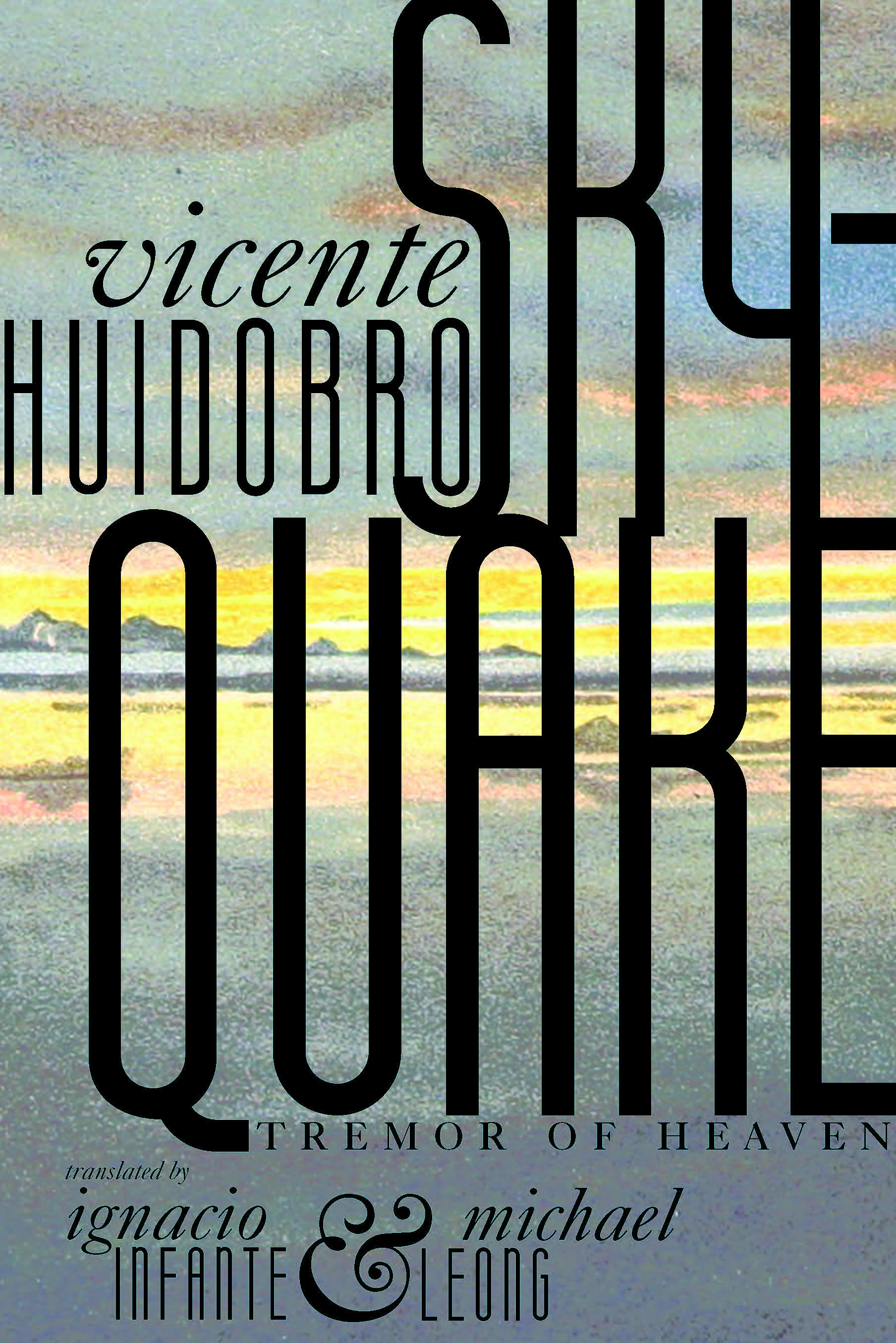



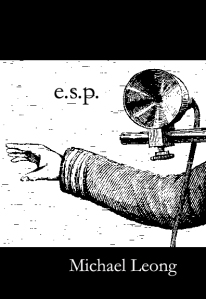
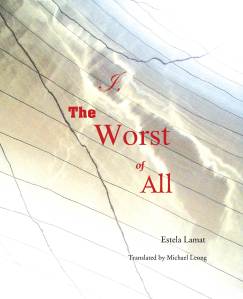


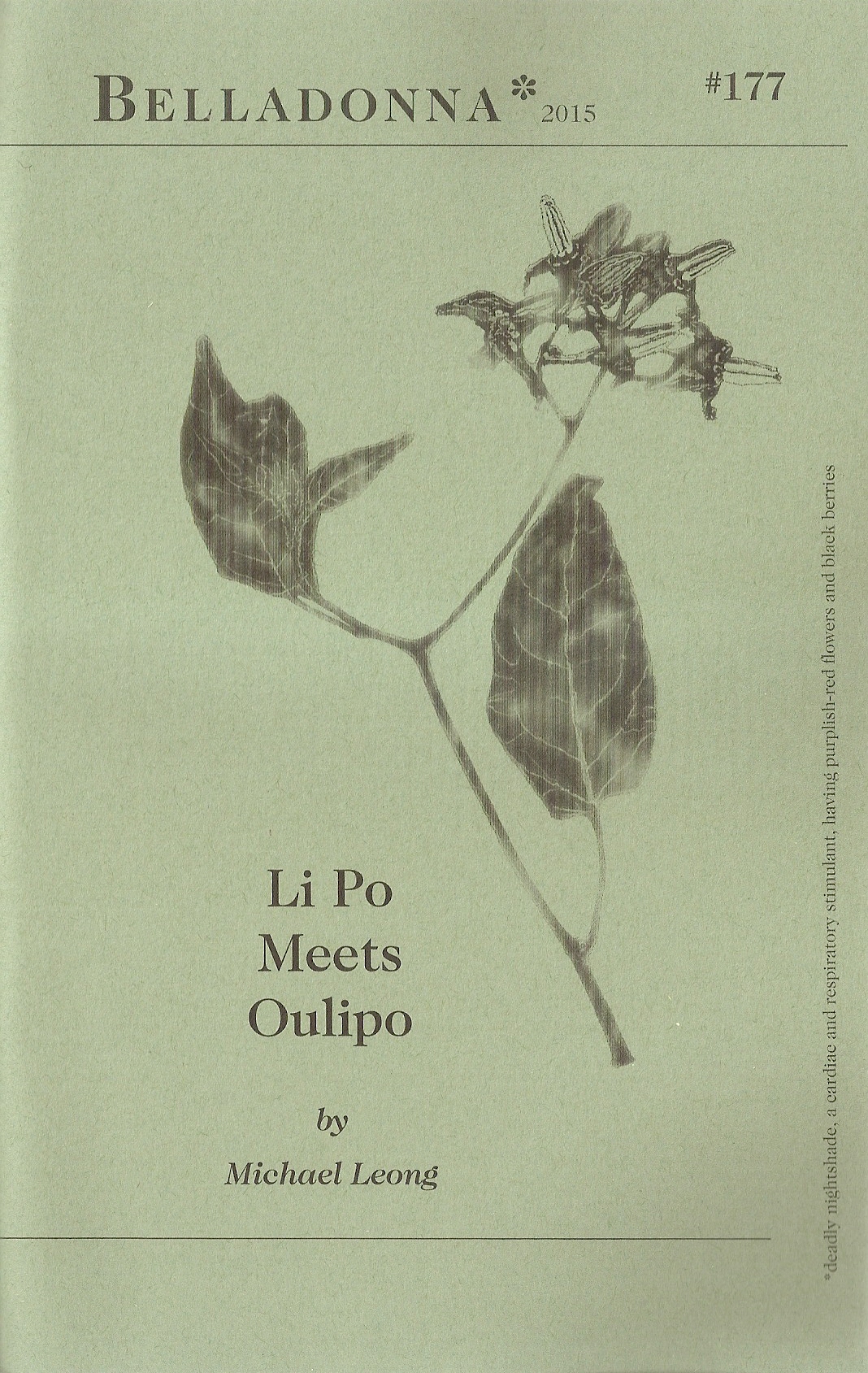
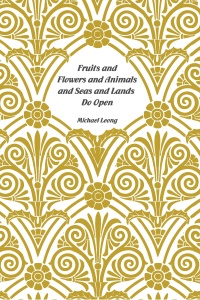
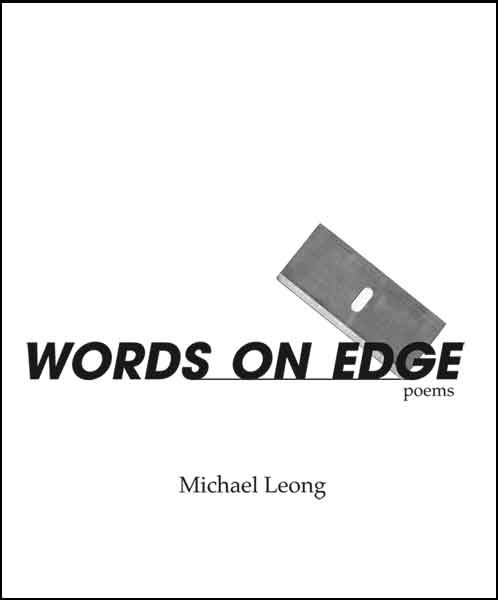




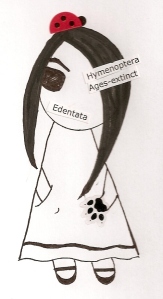
Excellent post, Michael. I certainly agree with your suspicion of the “contrived calculus” of “best of” lists, every list merely and inevitably, probably, an inventory of whatever has gratified that particular person or group of persons for the duration of that particular moment of reflection. What would you say are the causes for what you describe (based on your random sampling of venues above) as the “consensus opinion” which usually locks out the diversity of quality books that are out there? But the more important question is when am I going to finally submerge myself within the ocean that is Joron’s poetics.
Thanks for the comment, John. I think there are a variety of factors. Going through those lists gave me the sneaking (and probably paranoid) suspicion that “Best of” lists are based on previous “Best of” lists, creating a kind of closed loop…but that’s probably not fair. Name recognition also has a lot to do with it. All of the NBCC finalists, for instance, have won significant prizes in the past: I get the sense that once you’re on a prize-winning track, things get easier for you because you’re already on a certain critical radar. I don’t want to sound like a complainer — I just want to try to acknowledge great work that doesn’t get the big recognition. Ed Roberson’s new book _To See the Earth Before the End of the World_ (Wesleyan, 2010) was published so late in the year that I think it might not get the same attention as the other titles on the NBCC short list. Thought it’s funny — I just looked it up on Amazon and it’s “frequently bought together” with Wright’s _One with Others_ and Carson’s _Nox_.
Yes, definitely check out Joron’s work: his poetry just bristles with linguistic energy.
ah, this is what i hadn’t seen until today. —brian l.
No worries, Brian – I love those charcoal images you did. Great collaboration!
[…] Trance Archive: New And Selected Poems by Andrew Joron […]